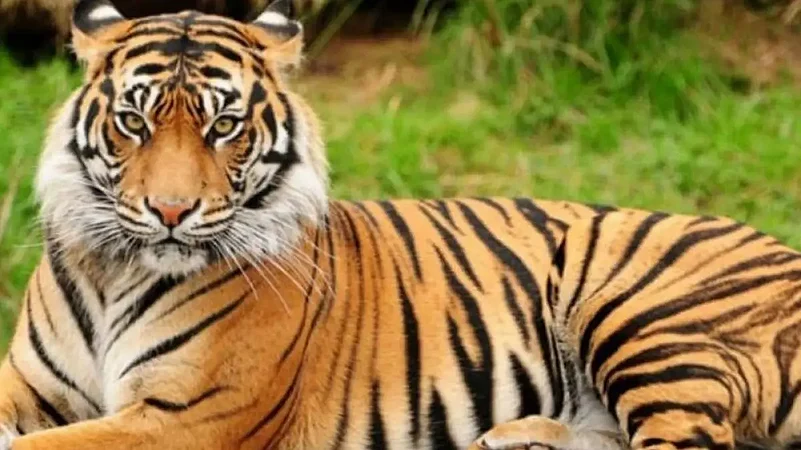The growing population and urban construction over decades have threatened the existence of hundreds of flora and fauna across the world. Climate change coupled with deforestation, contamination of water bodies, and poaching has led to the loss of habitat with several species becoming endangered across the world.
In a bid to raise awareness about the importance of saving these species, the third Friday of May is marked to observe the Annual Endangered Species Day.
History of Endangered Species Day
In the 1960s and 70s, there were awareness drives held to protect the threatened species across the world. Seeing the concern of people, the Endangered Species Act of 1973 was formulated. However, much later in 2006, the historic National Endangered Species Day came into being and was established by the US Senate. On December 28, the Endangered Species Act of 1973 was officially signed into law to facilitate the monumental effort to prevent endangered species extinction.
According to the Wildlife Protection Act, 1972, hunting wild animals has been banned to eradicate the risk of endangered species extinction.
On this day, activists, zoos, wildlife organisations and people emphasise learning about endangered species and taking action to protect the threatened species.
Theme 2022
The National Endangered Species Day theme 2022 is “Recovering key species for ecosystem restoration”. Every year the awareness campaign takes place around a theme.
Endangered species of India
India is one of the most populated countries in the world, with urban development constantly leading to deforestation, here are the top 5 endangered species of India:
Bengal Tiger
Following decades of persistent poaching, and trophy hunting, Bengal Tiger has been declared one of the most endangered species. The species now live in just 7 per cent of their historical habitat range, with fewer than 2,000 individuals left in the wild.
Snow Leopard
The existence of Snow Leopard has come down to territories of Ladakh, Himachal Pradesh, Uttarakhand and the western and eastern parts of the Himalayas, with a population numbering about 500 in India.
Asiatic Lion
The species’ entire population can only be found in India and is restricted to the Gir National Park and environs in Gujarat. Listed as an endangered species by the International Union for Conservation of Nature (IUCN) in 2010, the Asiatic lion only has about 500-650 individuals left in the country.
One-horned Rhinoceros
One-horned rhinoceros has been heavily targeted for their horns for decades, which allegedly have medicinal properties, and killed as agricultural pests.
Blackbuck
With severe poaching in the princely states of India, the blackbuck, or Indian antelope, is now one of the most endangered species in India. In 1947, there were around 80,000 blackbucks. But that number had fallen to 8,000 in less than 20 years.


























